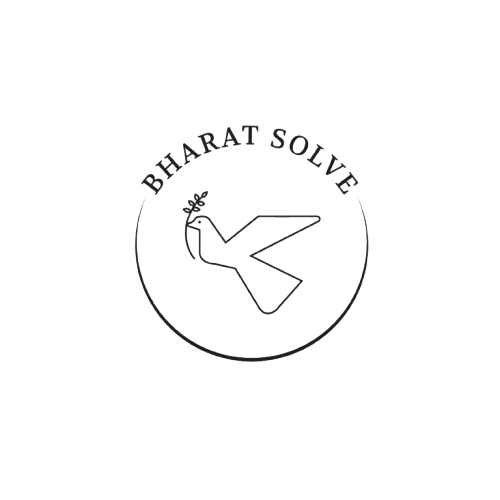FAQs
Create trendy looking dark boxes with a title background.
How Can I Change My Shipping Address?
How Do I Activate My Account?
How Can I Use My Remaining Account Credits?
Why Must I Make Payment Immediately At Checkout?
How long do I get support?
Do I need to renew my license?
Frequently Asked Questions
General
Upon registration of a dispute, a neutral is assigned on behalf of all the parties after evaluating various factors such as:
- Dispute: nature, complexity and quantum
- Neutral: area of expertise, availability and ability to conduct the proceedings neutrally and fairly
- In light of expressed preferences of the Parties such as Language, Seat etc
To incorporate ODR as a dispute resolution mechanism in your contract:
- Insert an appropriate ADR clause from Bharat Solve Model Clauses in the contract and include ODR clause: “The parties wish to incorporate online mode for proceedings as far as practicable”
[Please ensure that there are no conflicting dispute resolution clauses under the heading “Dispute Resolution” or “Arbitration” or under a similar section in the contract. In case the contract is already executed, parties can still opt for ODR mechanisms by agreeing to it by an exchange of letters / emails.] - The ‘Notice’ clause in the contract should enable parties to serve notices / communications by email, tele-messaging applications such as text message and WhatsApp; and
- Preferably – The ‘Governing Law’ clause in the contract states that the contract is governed by and construed in accordance with the laws prevalent in India.
- Cloud-based end-to-end ODR platform accessible from desktops, laptops and smartphones
- Smart case management tools
- Email, WhatsApp and SMS integration along with real-time communication
- Technology assisted case allocation tool for assignment of suitable neutral
- Automated document workflow
- Pre-formatted documents
- E-signatures and e-stamping
Arbitration
- Arbitration is a less formal and more flexible process than court litigation, and it is conducted in a private setting. Parties to the arbitration, as well as arbitrators, are obliged to maintain the confidentiality of all matters relating to the proceedings except to the extent required to enforce the arbitral award.
● Parties are free to provide their preferences for choosing the arbitrator/s having the relevant qualifications and subject matter expertise to adjudicate the matter. This also helps speed up the hearings as the arbitral tribunal is specialised in the dispute type and the industry. ● Parties are free to choose the procedures and rules for the conduct of an arbitration. Section 19(1) of Arbitration and Conciliation Act, 1996 states that the Arbitration Tribunal shall not be bound by the Civil Procedure Code, 1908 (5 of 1908), or the Indian Evidence Act, 1872 (1 of 1872). Meaning, overall parties are more involved and have more control over the procedure and proceedings.
|
- The contract contains an appropriate dispute resolution clause;
- Acceptance of invitation to resolve on MORD platform;
- Parties make a joint application; or
- Dispute is referred to by a court, tribunal or regulatory authority.
Mediation
Mediation is an attractive mode of dispute settlement as it :
- minimises the cost of settling any dispute;
- gives parties control over the dispute-settlement process;
- provides a speedy settlement;
- maintains confidentiality concerning the dispute;
- preserves and develops an underlying business relationship between the parties to the dispute.
A dispute can be Resolved using Mediation on Bharat Solve platform when:
- Both parties are willing,
- Mediation may be initiated at any stage with or without court directions,
- Pre-institution Mediation mandated for all commercial cases,
- Family courts also mandate mediation at the pre-institution level.
